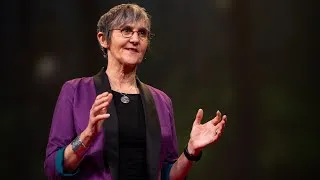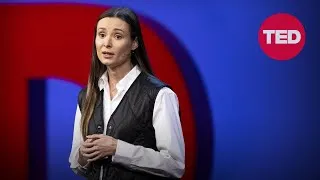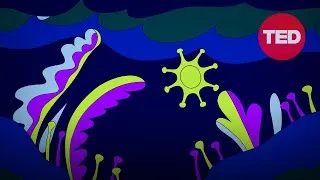Lai atskaņotu videoklipu, divreiz noklikšķiniet uz zemāk redzamajiem subtitriem angļu valodā.
New videos
Šajā vietnē jūs iepazīstinās ar YouTube videoklipiem, kas noder angļu valodas apguvei. Jūs redzēsiet angļu valodas nodarbības, ko pasniedz augstas klases skolotāji no visas pasaules. Divreiz uzklikšķiniet uz angļu subtitriem, kas redzami katrā video lapā, lai atskaņotu video no turienes. Subtitri ritinās sinhroni ar video atskaņošanu. Ja jums ir kādi komentāri vai pieprasījumi, lūdzu, sazinieties ar mums, izmantojot šo kontaktformu.







